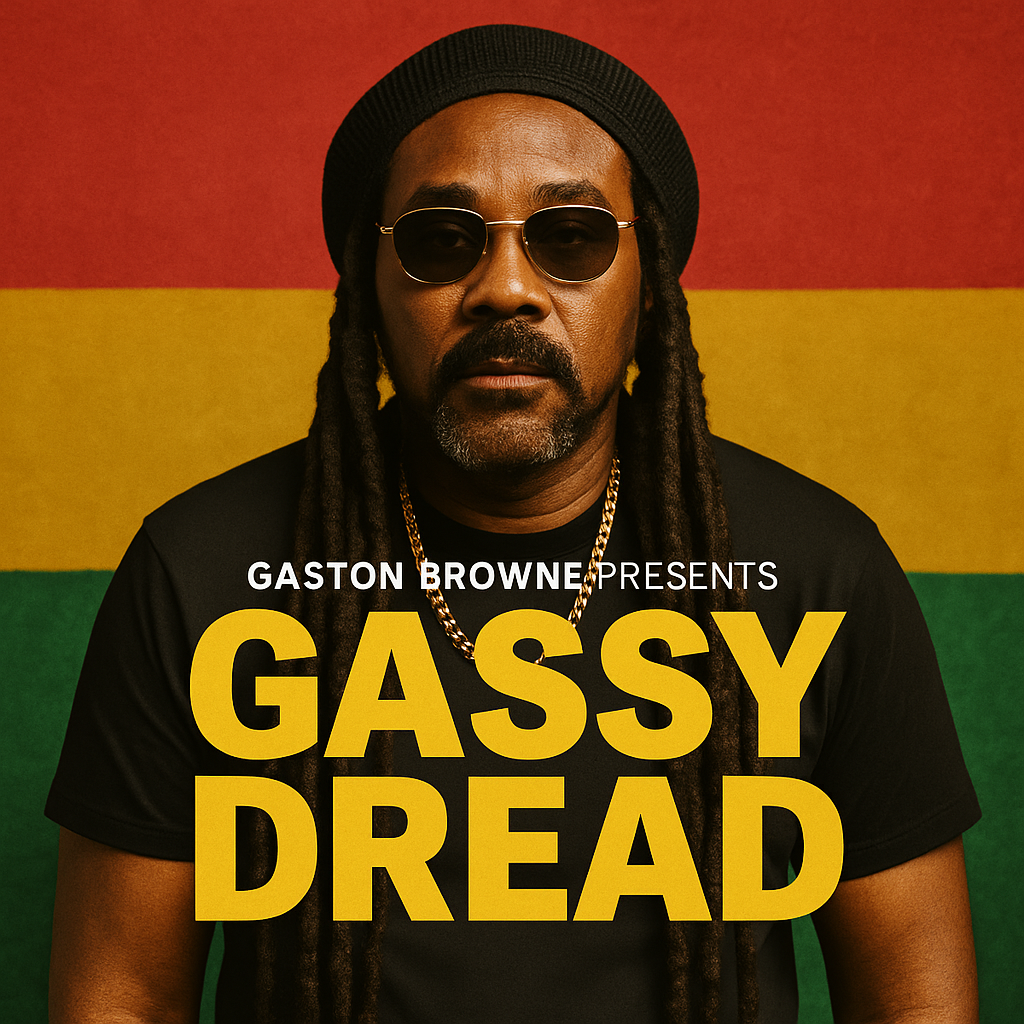What does it take to win the coveted Eurovision Song Contest? As participants gear up for the next showcase, experts share insights that may lead an act to ultimate victory. With a staggering 163 million viewers tuning in last year, the competition is not just fierce—it's a stage where every detail counts.
The winning formula seems to straddle two primary musical styles. Joe Bennett, a forensic musicologist from Berklee College of Music, identifies them as the "Euro-banger"—upbeat tracks that are 120 BPM or faster—and slow-burning ballads, like Portugal's sensational winner "Amar Pelos Dois." Whereas previous years were soaked in the cliché of love and peace, Bennett highlights six prevailing lyrical themes: unity, self-assertion, partying, history, and, importantly, songs focusing on the act of making music.
His research indicates that powerful self-assertion themed songs, such as Conchita Wurst’s "Rise Like a Phoenix," resonate well with audiences. However, the performance is just as vital as lyrical content. Successful contenders like Denmark’s 2013 winner "Only Teardrops" benefitted from simple yet memorable staging. According to songwriter Thomas Stengaard, the uncomplicated presentation made the performance unforgettable. A flashy stage can detract from a lackluster performance, says vocal coach Carrie Grant, with her personal favorite being Conchita, who captivated audiences in a minimalist setup.
Furthermore, minor-key songs have recently gained prominence. Bennett confirms that 85% of last year's finalists utilized minor keys, which often convey deeper emotional resonance. Major-key songs are becoming rare, and acts like Remember Monday aim to break the mold with their upbeat approach.
An essential aspect of creating an unforgettable song is surprise. Repetition is critical for memorability, but an unexpected twist elevates the appeal. Historic winners like Bucks Fizz have thrived on this concept by combining engaging melodies with notable visual thrills.
Key changes and the distinct ability to create catchy melodic hooks remain vital. While some components of successful songs fade in popularity over time—like the key change that brought many past victories—the newer wave continues to explore the boundaries. Mark Savage, the BBC music correspondent, highlights how Stengaard’s work for Remember Monday is chock-full of surprises and complexity.
As participants and fans await the next rendition of the Eurovision extravaganza, these insights may very well shape the future of the competition, where creativity, performance, and innovation intersect in a spectacular show of talent.






















